Summer
SHort Term
Session I: May 8th – 22nd, 2026
Session II: May 23rd – June 6th, 2026
Applications Open: October 1st, 2025
Application Deadline: December 15th, 2025
Term overview
Celebrate the End of the Academic Year with a Summer in Dingle!
Reward yourself for a successful year with an unforgettable summer program in Dingle, where learning meets adventure. We offer two back-to-back short-term sessions starting in May, each lasting two weeks and packed with opportunities for discovery.
Choose from a wide selection of 3-credit courses while soaking up the long daylight hours and mild early summer weather. In between classes, dive into thrilling outdoor activities like surfing, horseback riding, hiking, kayaking, and scenic boat tours along Dingle’s breathtaking coastline.
A summer in Dingle isn’t just a program – it’s a once-in-a-lifetime experience.
New courses to be announced in September 2025
sESSION i Courses
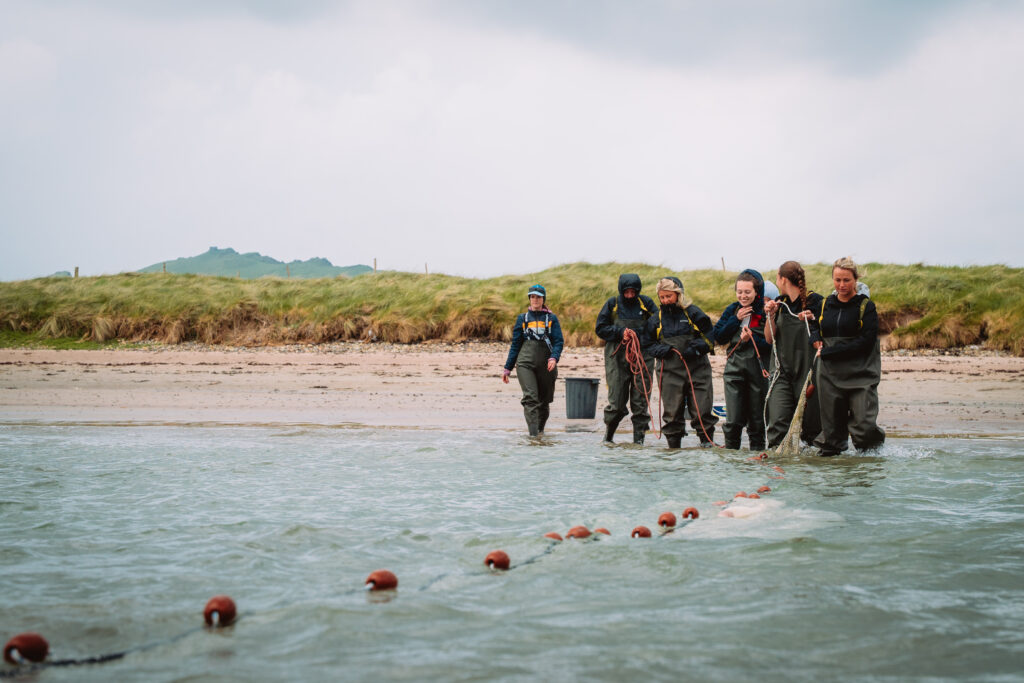
DESCRIPTION
FACULTY
LaTina Steele, Ph.D.
Ashley Stoehr, Ph.D.
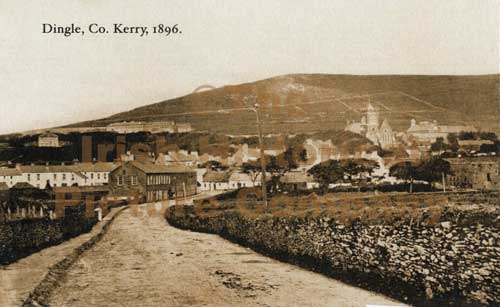
DESCRIPTION
Who are we, and where do we come from? This course addresses that question both by understanding the genetics that underlie genetic ancestry tests and the genealogy of the students’ family trees and the historical context of their personal family’s ancestors. In addition to exploring their own personal family genealogy and genetic history, the class, in groups, will research the family genealogy of a member of the Dingle community and compare the history impacting their family trees. Students will have access to numerous genealogical databases as well as the results of AncestryDNA tests for themselves and the local community members.
Students will learn about and help build local Dingle genealogy resources with trips to nearby historical societies and cemeteries. They will also interview selected individuals from the local Dingle community using this information and the genetic information from AncestryDNA results to help create a “Book of Life” for these community members. In doing so, students learn a more personal history about Dingle and the people who live there.
FACULTY
Mark Jareb. Ph.D.
Jennifer McLaughlin, Ph.D.
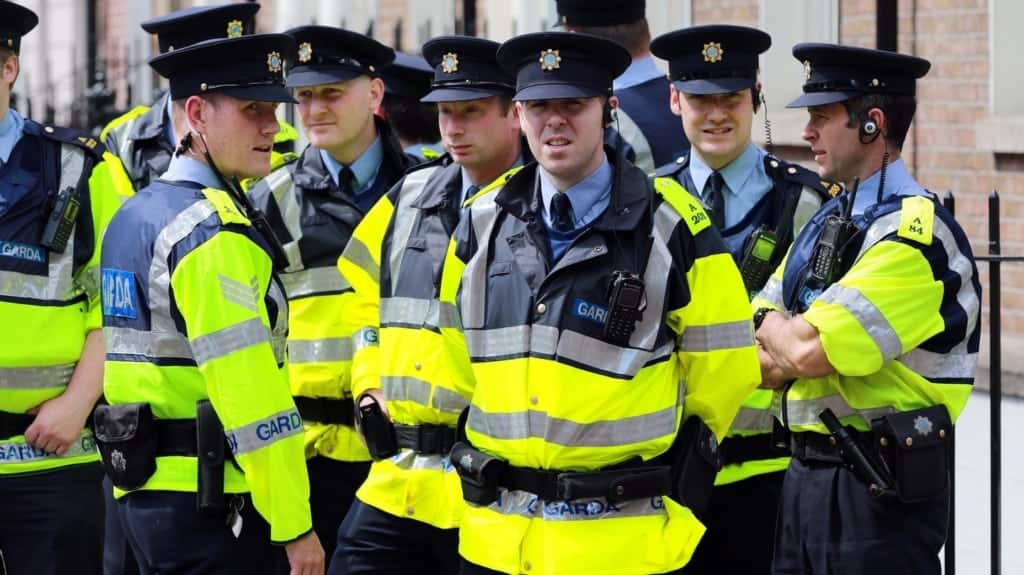
DESCRIPTION
The public’s fascination with true crime highlights the importance of understanding the approaches to dealing with the victims and offenders depicted in true crime through the
fields of victimology and criminology.
This course offers a comparative overview of the true crime genre concerning the victims of violent crimes and the offenders who commit
them. Students will be expected to draw comparisons between Ireland and the US regarding true crime popularity and how depictions of it are handled in each country.
FACULTY
Analisa Gagnon Ph.D.
Caroline Comerford Ph.D.
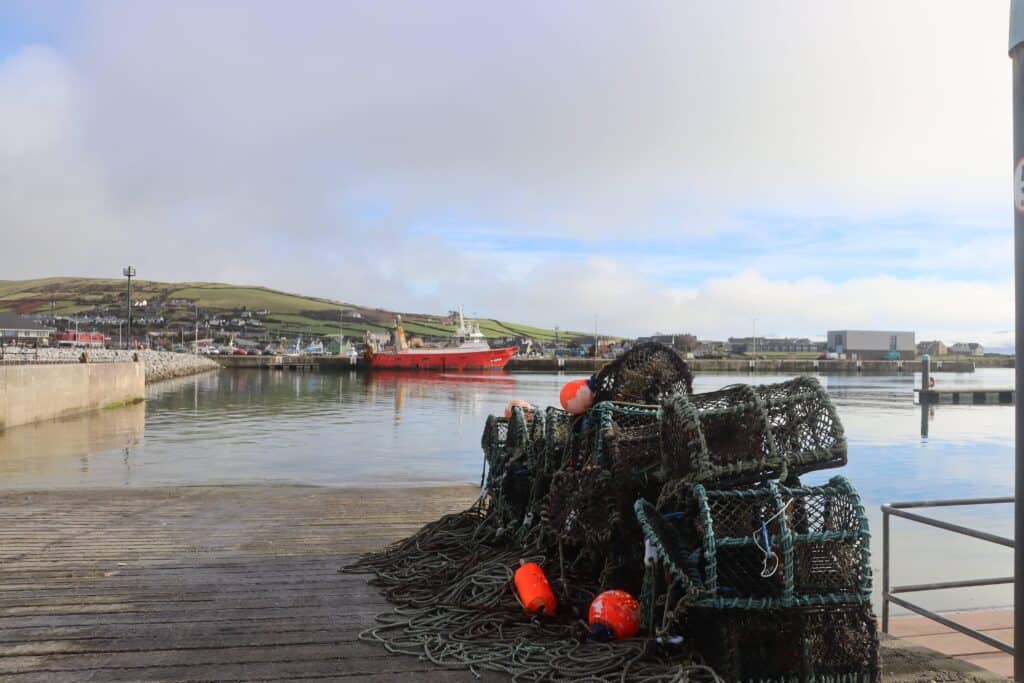
DESCRIPTION
This course is an introduction to the basic economic principles needed to analyze social issues such as prices and allocation of resources, role of incentives, free trade, economic growth, market failure, healthcare, and education.
Learn how international trade and tourism impact the Irish economy. Evaluate competitive and monopoly markets in and around Dingle. Explore social issues such as population, health services, and migration.
FACULTY
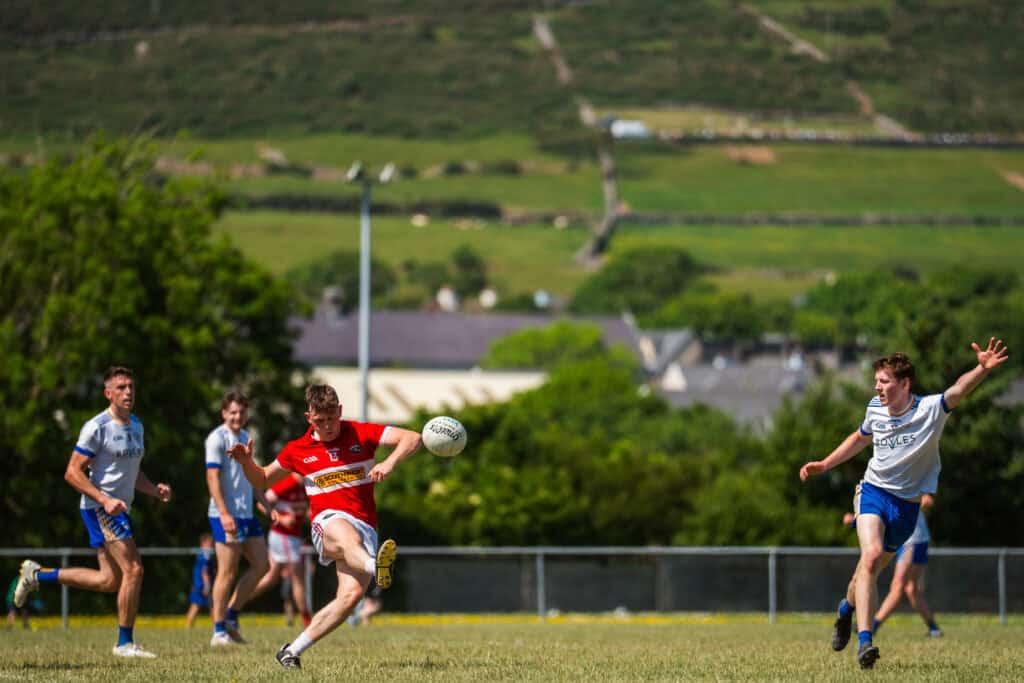
DESCRIPTION
During this course, students will have the opportunity to fully explore the importance of Gaelic sports to both the regional and national identity. This exploration will begin with the roots of Gaelic sports and culminate with a contemporary discussion of Irish sports in today’s environment. Students will integrate their exercise science (EX) background to survey the Gaelic sports from a physiological, biomechanical, psychological, and coaching framework, drawing comparisons to American-based sports.
Student groups will research, develop, and implement a comprehensive athlete assessment with the local Gaelic Athletic Association club. Guest speakers and participation in Irish Sports will supplement traditional lectures.
FACULTY
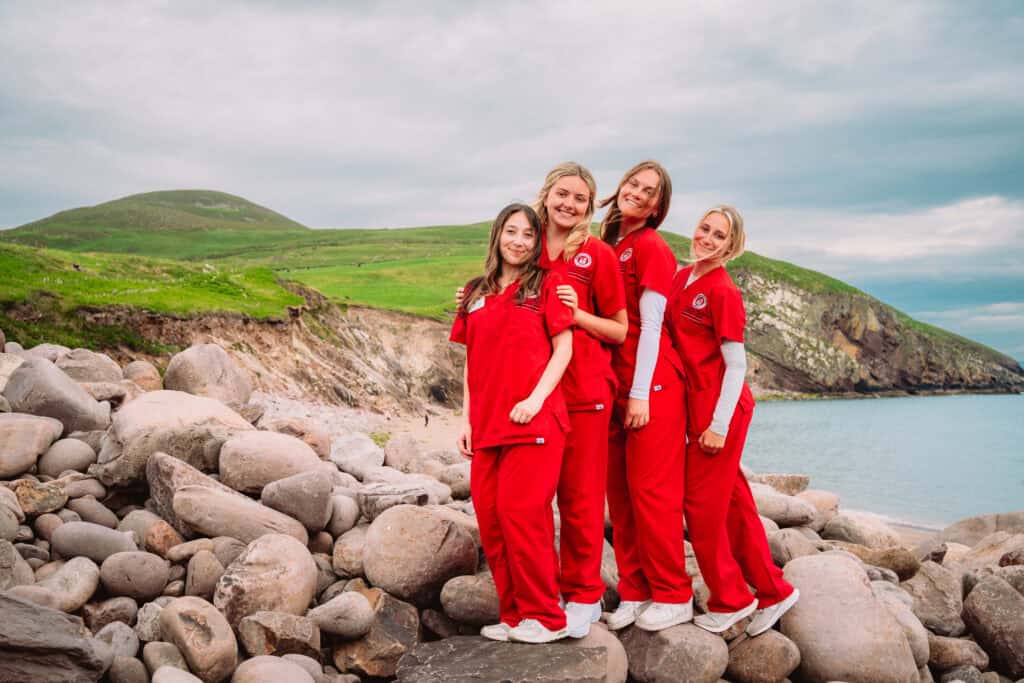
DESCRIPTION
This course focuses on the nursing profession and leadership principles, which are integral to the provision of health care for individuals, families, communities, and global health. Students are given the opportunity to explore complex issues and trends in nursing related to the provision of cost-effective, safe, quality patient care, nurses as a profession, and global health.
The development of understanding and awareness of their need to become involved in the development of health care policies and changes in health care systems will be fostered by an analysis of current issues such as cross-cultural communication, the nursing shortage, inefficient health care systems, and international issues. Discussions and assignments will include implementation strategies and skills for a successful transition into the workplace environment.
For the course being offered in Dingle, Ireland, the course uses comparative perspectives focusing on American and Irish contexts while exploring these complex topics.
FACULTY
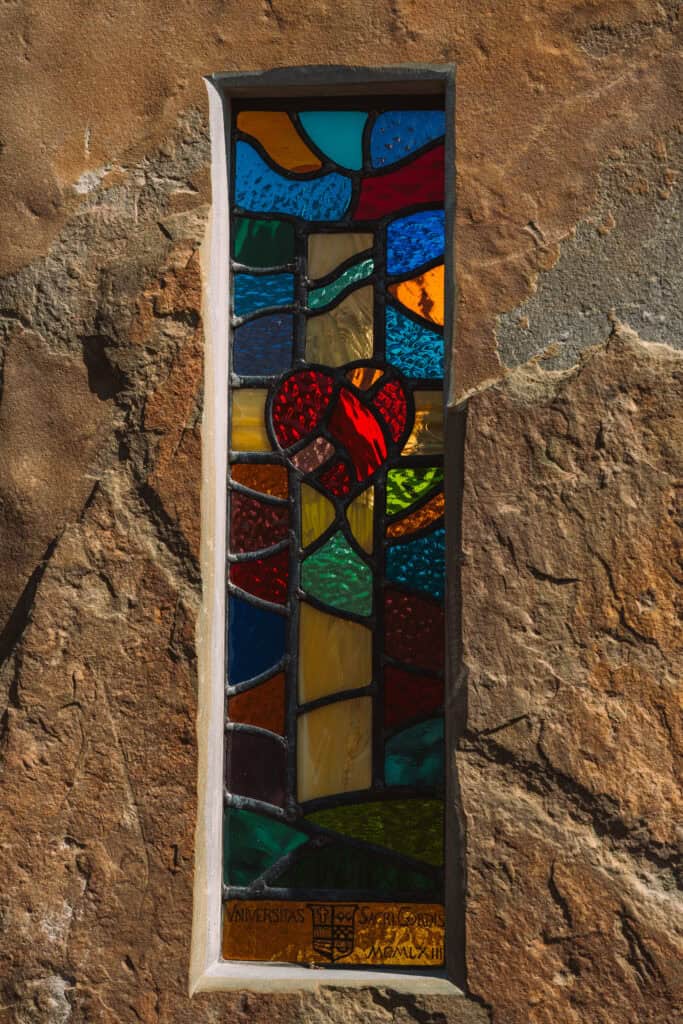
DESCRIPTION
Spend 2 weeks learning about ethical issues in health care by exploring compelling scenarios and case studies. Study the role of ethics and the importance of Philosophy to the Irish Catholic Intellectual Tradition and investigate how health care concerns impact the lives of patients and health-care providers throughout southwestern Ireland.
Among the central topics to be covered are informed consent, medical futility, reproductive ethics, privacy, cultural competence, and clinical trials.
FACULTY
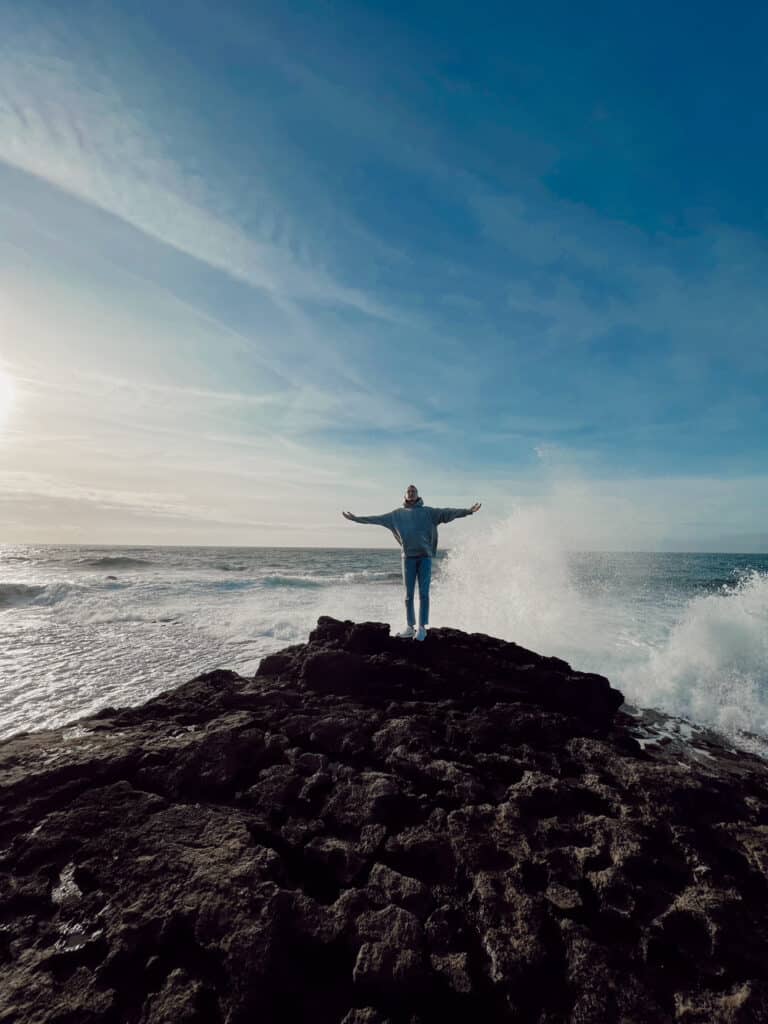
DESCRIPTION
Engaging with Irish preschoolers, visiting the aquarium and creating enrichment activities for the animals, participating in a Celtic Cub Scavenger Hunt, immersing yourself in meditation in an Irish forest during Shinrin-Yoku and being exposed to Irish music and language through guest speakers and excursions.
These are just some of the experiences you will have in this course which offers an applied approach to understanding neuroscience, the intersection between psychology and biology. Students will examine key concepts in neuroscience including neuroplasticity, language acquisition, learning, stress, and environmental enrichment in applied settings.
In addition, it introduces students to fundamental claims of the Catholic Intellectual Tradition; enable students to understand that Tradition as characterized by open, rigorous intellectual inquiry in the context of a faith tradition; engage students and faculty in seminar discussion; and enable students to see the value of this Tradition in the contemporary world help develop students’ reading, writing, and speaking skills.
FACULTY
Rachel Bowman, Ph.D.
Dawn Melzer, Ph.D.
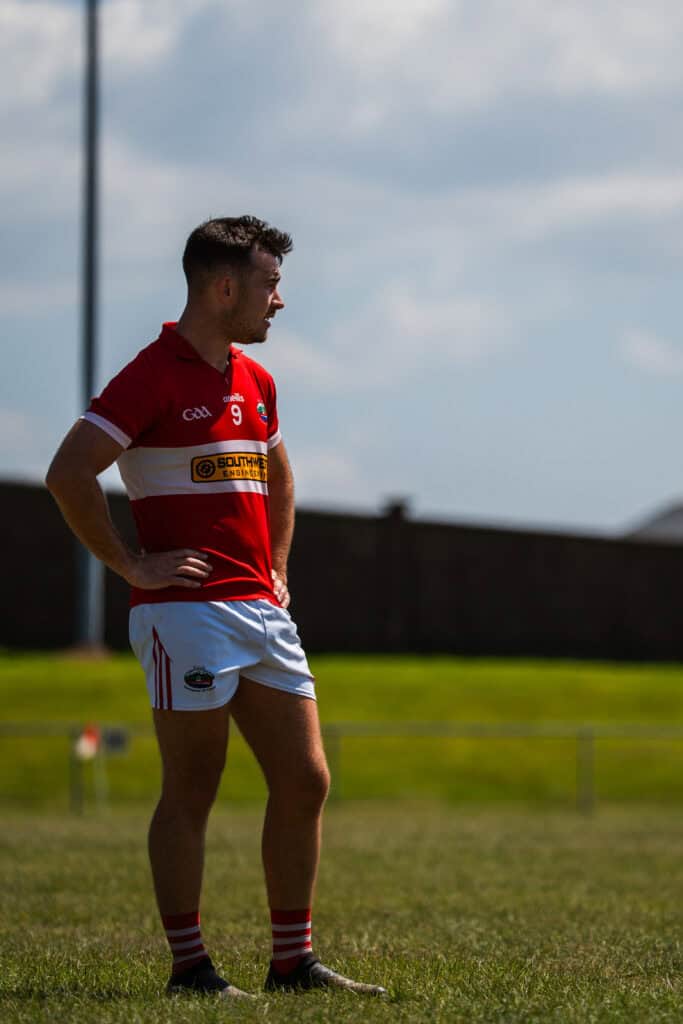
DESCRIPTION
This course will serve as an introduction to the fascinating world of sports business and international marketing. Students will work on an innovative group marketing plan for a professional sports team from the Dingle and County Kerry region of Ireland.
The stark contrast between Irish and American sports leagues will be identified and discussed. A strong focus will be placed upon both of the following: 1) marketing “of” various sports and sport products, and 2) marketing “through” sport – the latter of which will involve the use of sport as the vehicle to market non-sport products and services.
The course includes site visits to related businesses, and key sports figures in Ireland will be brought into the class as guest speakers to supplement the course material.
FACULTY
sESSION ii Courses
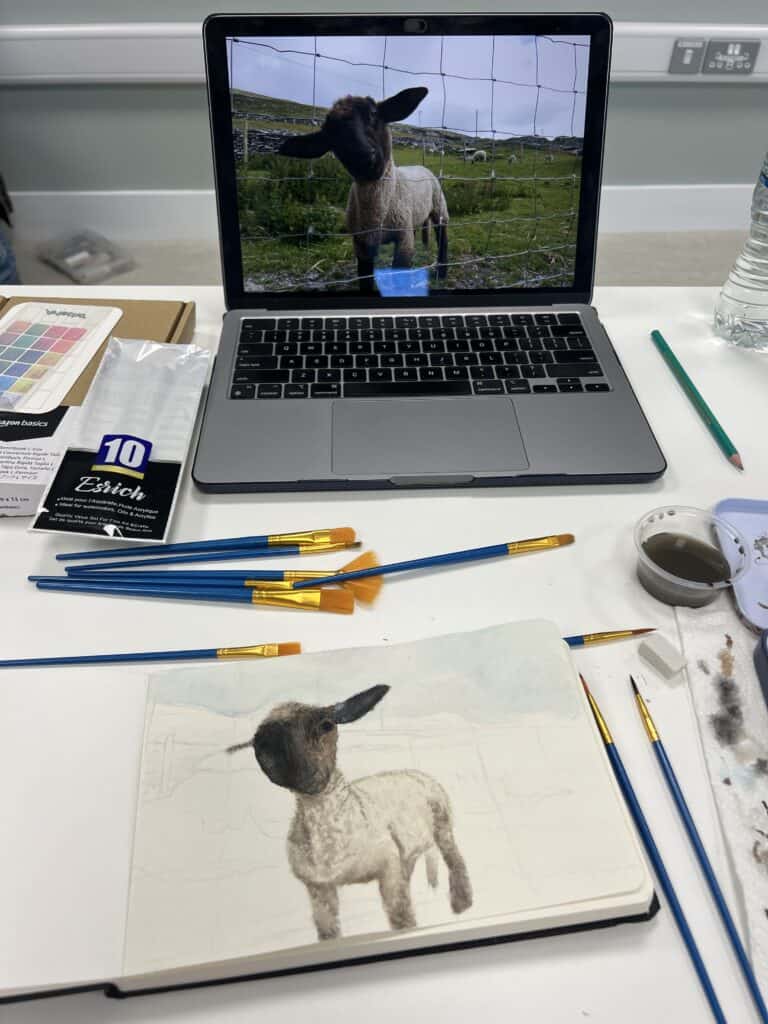
DESCRIPTION
FACULTY

DESCRIPTION
This interdisciplinary course explores rituals of death, mortality, and the creation of meaning in Ireland through both anthropological and philosophical lenses. Students will learn introductory archaeological methodology and mortuary analysis of human burials, which will be applied as they experience hands-on excavation and interpret findings from a simulated burial site in Dingle.
Students will engage with texts exploring the philosophical and cultural ramifications of how we construct our identity in the face of mortality, the ethics of bioarcheological practice, and ways in which our rituals surrounding death and burial reflect the values of the living. As part of the course, we will take trips to archeological sites in the area and hike the Cosan na Naomh pilgrimage trail.
FACULTY
Kristen Savell, Ph.D.
Christina Susienka, Ph.D.
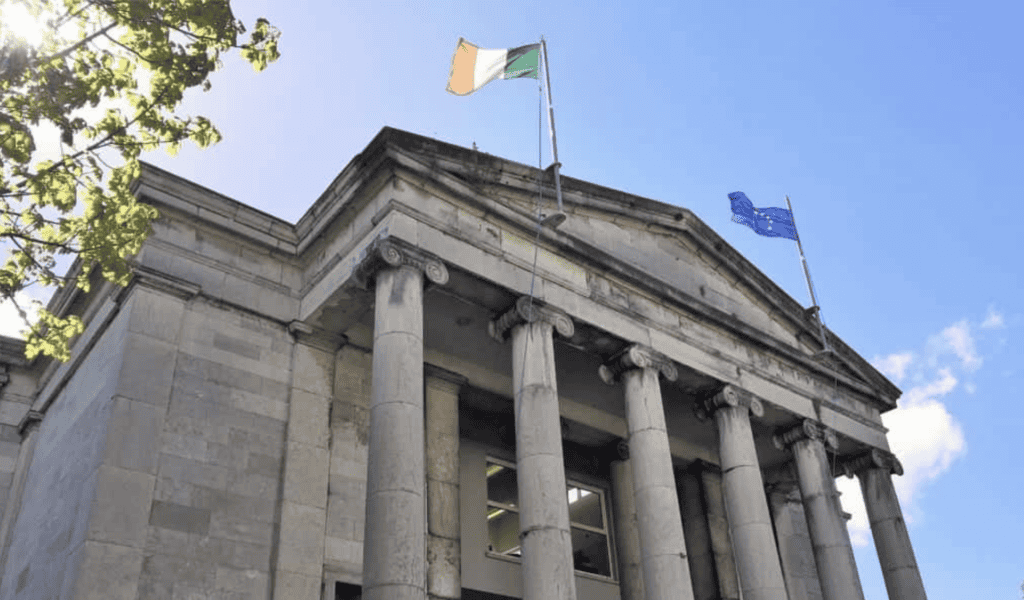
DESCRIPTION
This course will examine the interactions between the legal field and psychological science. Topics will include: the role and function of how psychological research has contributed to the legal process, profiling, prediction of violence, police interrogation, false confessions, eyewitness testimony, insanity, and other topics. Students will use forensic psychology to analyze human behavior.
While in Ireland, students will be immersed in the culture and have an opportunity to see firsthand how the Irish justice system handles criminal cases and how forensic psychology can play a role in informing the legal practitioners, in comparison to the US.
FACULTY
Heather Jefferies, MA
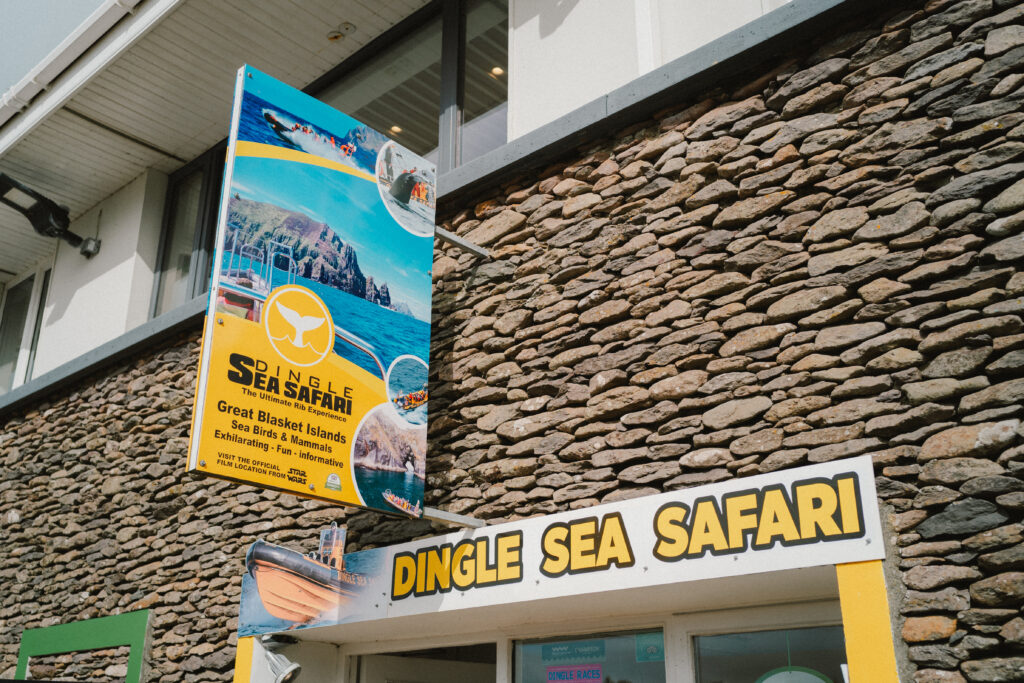
DESCRIPTION
The course emphasizes how regenerative tourism can be communicated effectively in a global market, highlighting the role of digital and social media platforms in promoting sustainable travel.
Students will learn to analyze Irish cultural, environmental, and business factors influencing regenerative tourism and how these insights can be adapted globally. The course culminates in students developing marketing strategies that contribute to ongoing projects, with final deliverables that include campaign materials for digital marketing, community outreach, and social media content to support Dingle’s tourism efforts.
FACULTY
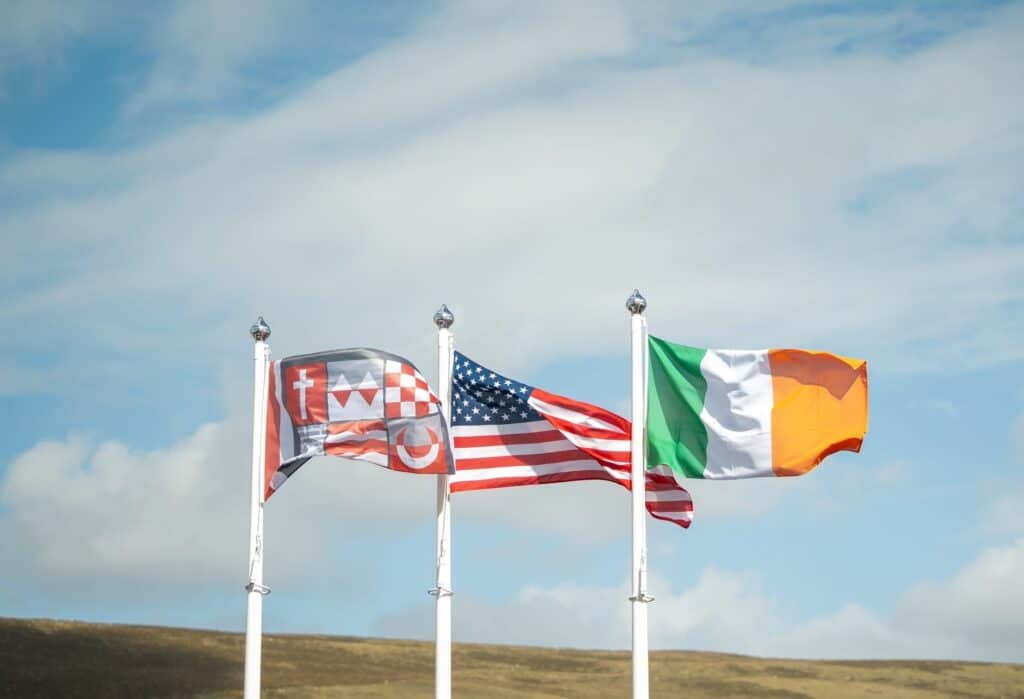
DESCRIPTION
Learn how communication impacts practitioners/client interaction, patient outcomes, health education, social support for patients, and those who care for them, and ways that communication impacts interprofessional health care team dynamics.
Discover how culture impacts both patients and providers. Explore how health communication varies between Irish and U.S. healthcare systems.
FACULTY
Christine Pino MA, CCC-SLP
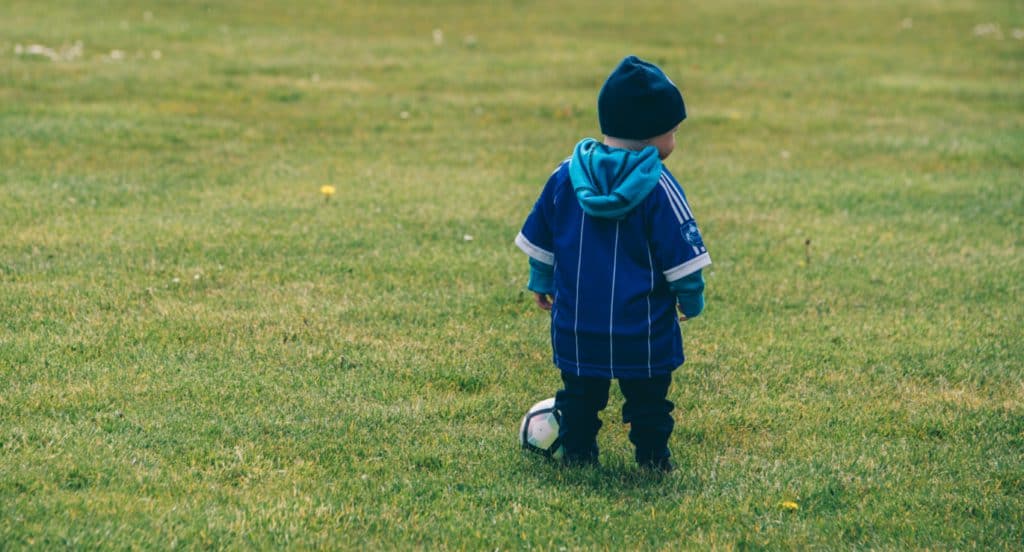
DESCRIPTION
This course, based in the Gaeltacht region of West Kerry, compares the education system in Ireland with that of the United States. Topics addressed include curriculum and instruction, funding and governance, teacher preparation, multiculturalism, language policy, and contemporary school reform. Students will be introduced to the students and teachers of Dingle, Ireland, and experience the Irish education system up close and personal. You will observe classrooms in action, learn from Irish teachers and administrators, and meet teacher candidates and their professors.
Open to all students in FCE teacher preparation programs, the course counts in lieu of Education in the United States, Multicultural Education, or an MAT elective. ED 402 for undergraduate credit or ED 502 for graduate credit.
FACULTY
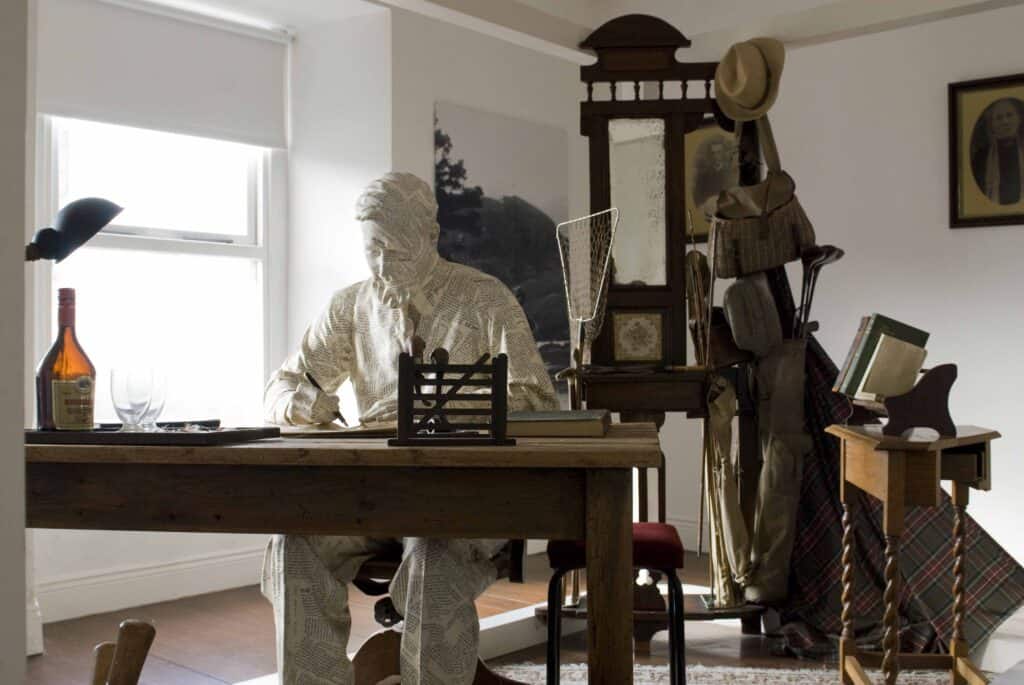
DESCRIPTION
FACULTY
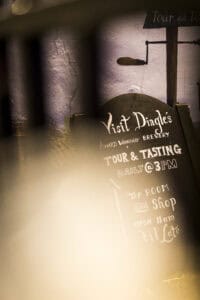
DESCRIPTION
Held in the picturesque setting of Dingle, Ireland, this course will delve into systems of commerce that are designed to address today’s ethical, social, political, and economic challenges. Dingle is known for its natural beauty, and protecting this environment is essential for maintaining the resources that attract one million visitors a year.
Students will visit several local businesses and hear from industry experts as they explore innovative business models prioritising sustainability. Through applying business frameworks like the triple bottom line and stakeholder analysis, students will be tasked with designing creative solutions that companies can implement to enhance their sustainable practices.
FACULTY
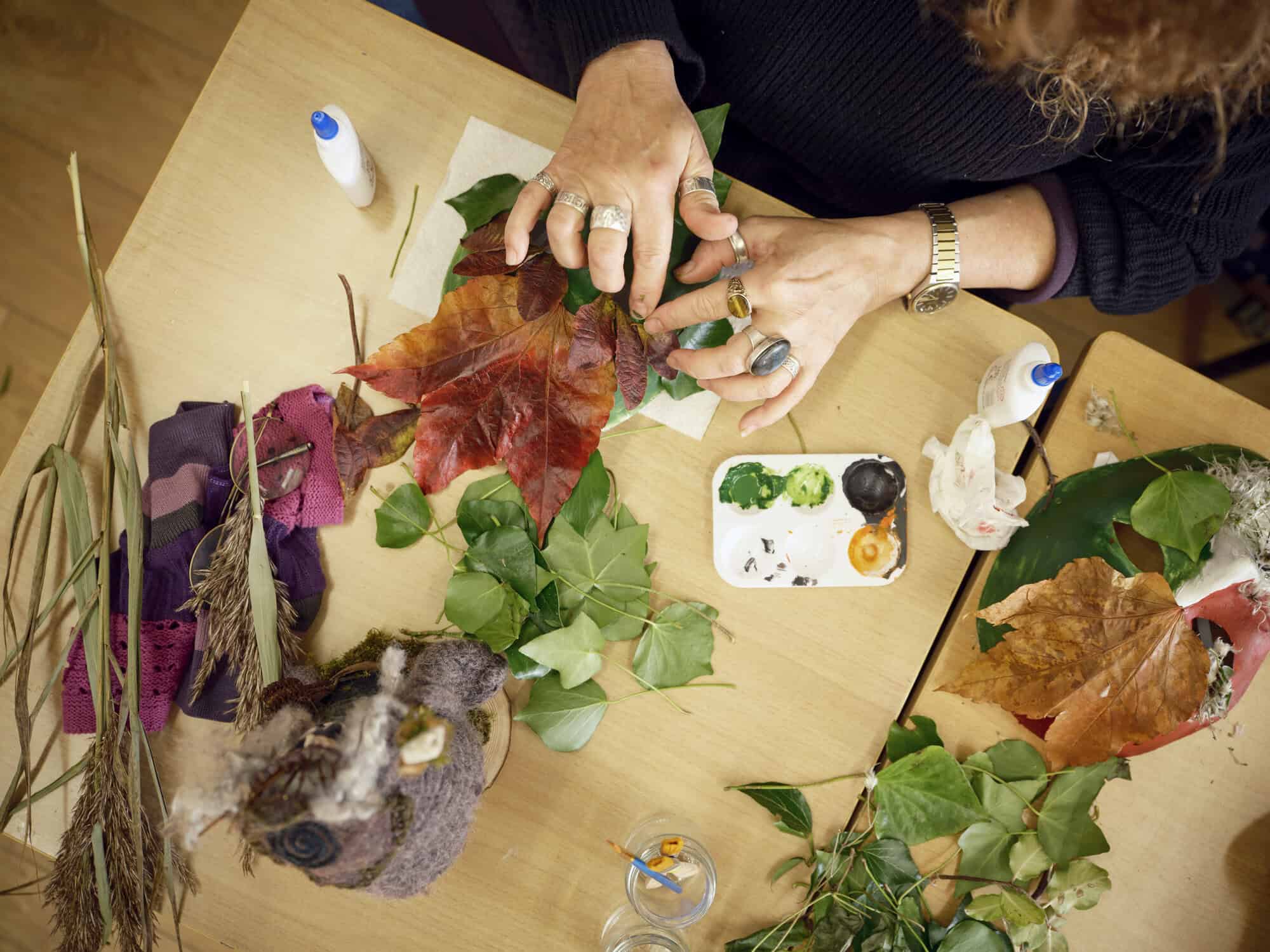
DESCRIPTION
The creative and expressive arts offer individuals a way to explore personal experiences through various artistic forms (e.g., dance/movement, visual arts, writing, drama and music). This course will focus on studying these different creative modalities from an Irish perspective. While in Dingle, students will learn foundational knowledge about the history, theory, and practical applications of the creative arts. In addition, course excursions will be used to help students tap into their creativity by exploring museums, Irish towns, listening to Irish music, participating in an Irish dance class and interacting with local guest speakers. Upon returning to the United States, students will reflect on how their experiences in Ireland influenced their personal growth and creative expression.
FACULTY
Lisa Smith, Psy.D.
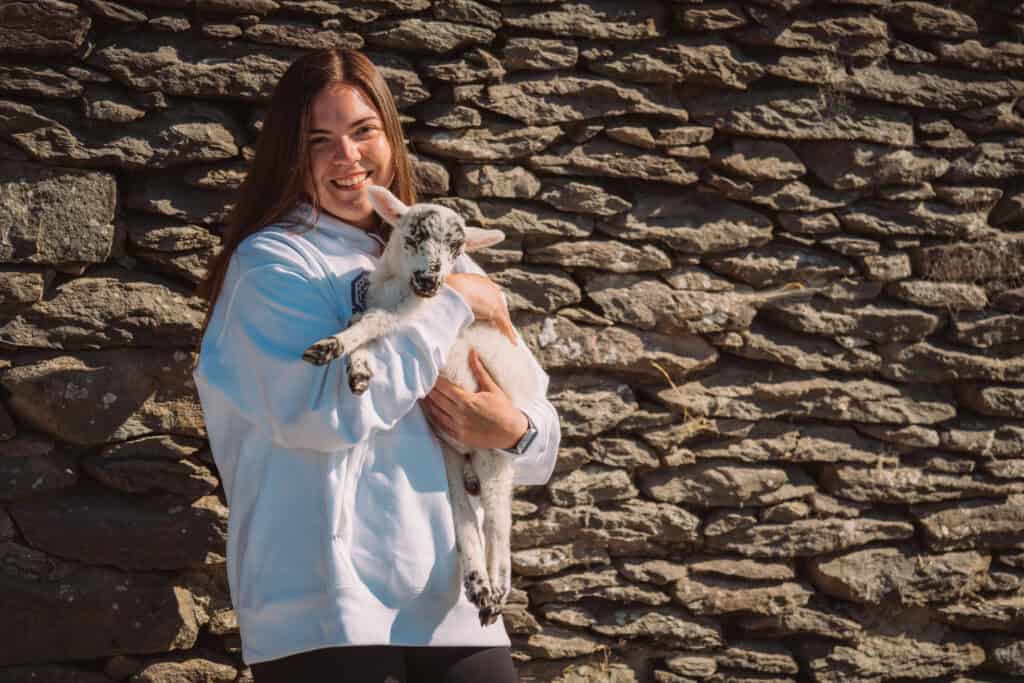
Fall
Semester
Read More
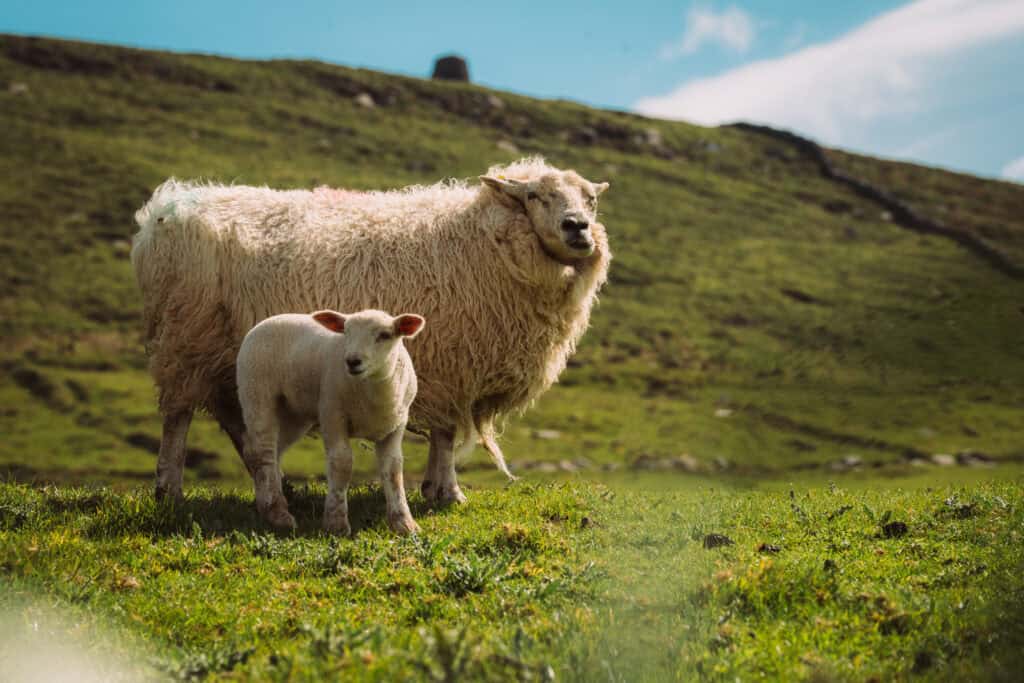
Spring
Semester
Read More
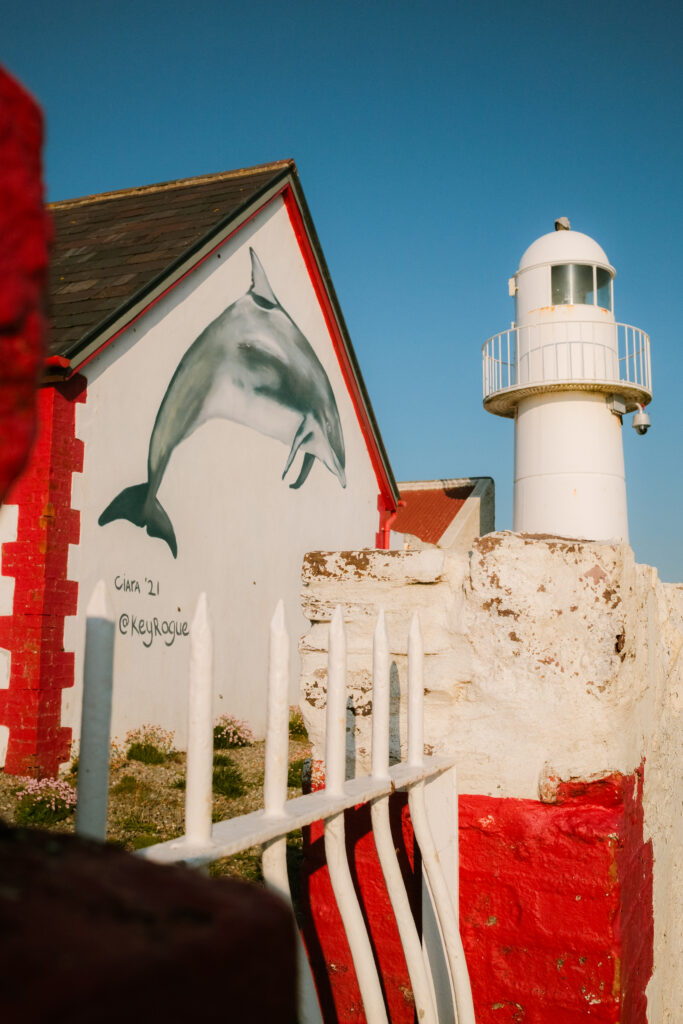
Winter
Short term
Read More
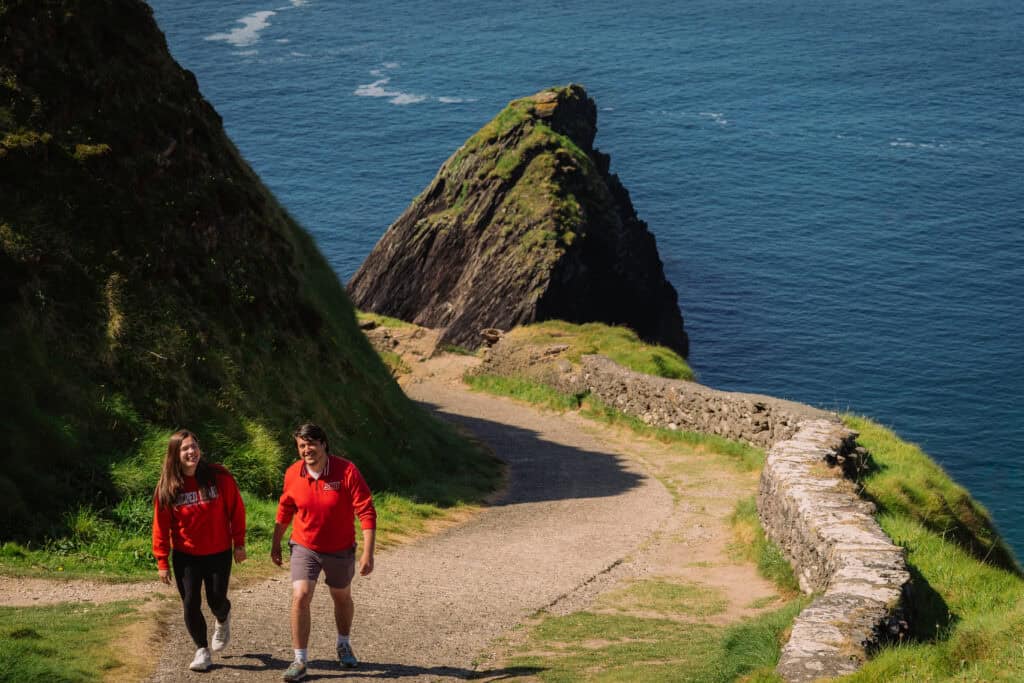
Summer
Short term
Read More

How to Apply

Tuition & Fees


